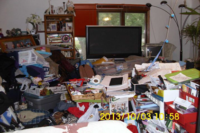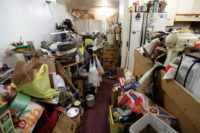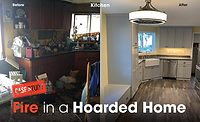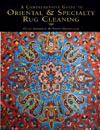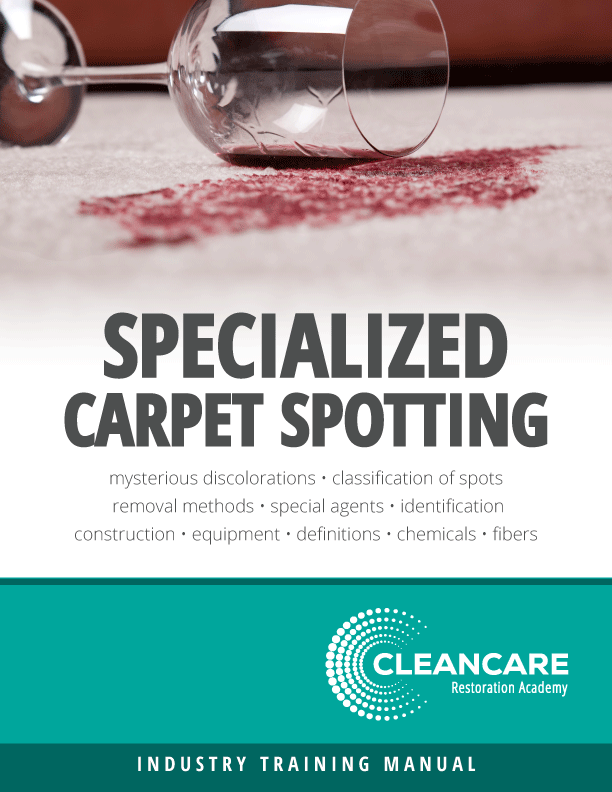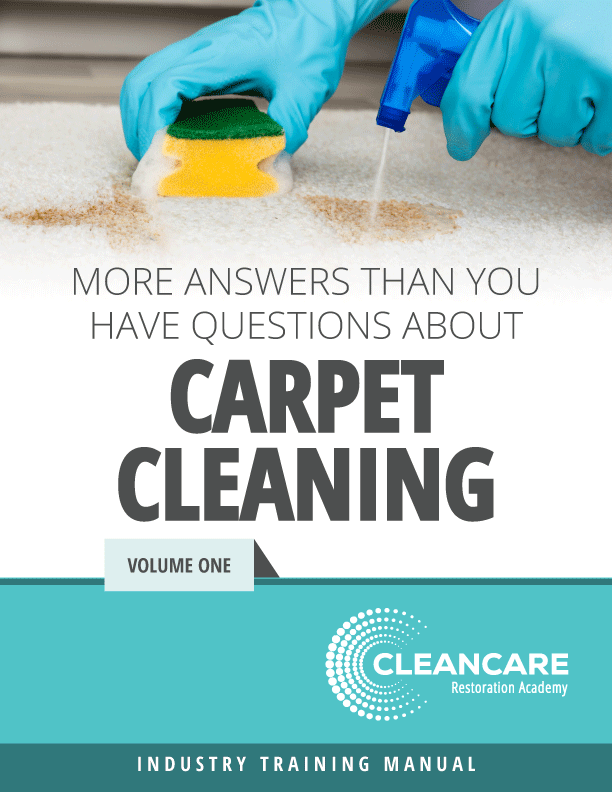Handling Hoarding: A Case Study

On January 17, 2012, a property manager of a residential building in Kihei, HI called PuroClean Emergency Restoration Services in Maui regarding a cleanup job of a 750 square-foot, two-bedroom condo. Mark Hoenig, the owner of that local franchise that handles water, mold, fire and biohazard property damage, was aware that the resident had a hoarding issue. However, he never imagined that the cleanup process would result in a month-long effort.
The resident of the unit, a widowed 81-year-old man, was recovering from prostate surgery and was unable to maintain the home he was living in. The conditions included piles of trash, paper bags, newspapers and mail, stacks of used adult diapers, insect infestation and mold. The trash filled up a total of six dumpsters.
Feeling sympathy and obligation to lend a hand in this man’s time of need, Mark’s wife Tina reached out to several other local businesses and explained the unfortunate situation. In a matter of days, local businesses were installing new flooring, fixing the toilet and garbage disposal, repairing the broken water heater, ridding the condo of mold, painting, installing new tile in the kitchen and bathroom and much more. Much of this work was done pro-bono – although not all of it. For the rest of the charges, the local man attained a no-interest loan.
“Our technicians are trained to always be sensitive to the needs and concerns of individuals in a disaster situation – and (at least to the owner) a hoarding situation is a true disaster,” said Hoenig. “All restoration professionals will be as compassionate as possible when dealing with the owner, family members, insurance-company representatives and other stake holders. As always, communication is the key. You must go out of your way to be sure that all parties know what the situation is, what the process will be, the ongoing status of the work, of any changes that need to be made, and all aspects of this sensitive situation. Our goal, as always, is to restore the lives and property of people in situations involving property damage.”
Hoenig offers the following advice to restoration professionals dealing with a hoarding case or biohazard situation:
-
Work with someone who is specifically on-site to assist with the emotional management of the owner. It is best if it is a family member of the client, or in some cases the city or the court will appoint an “agent” to help represent the owner.
-
It is best to have the owner off the premises while the cleanup process is in progress to prevent emotional damage and any interruption of work flow. Speak with the family or agent to determine the owner’s needs at the beginning of the job and then suggest that they be taken off-site.
- Never assume what should be thrown away. The owner has a deep emotional attachment to their belongings, so throwing away certain items will be traumatic for the owner. Consult with the family or agent to determine what items are to be saved.
Looking for a reprint of this article?
From high-res PDFs to custom plaques, order your copy today!



